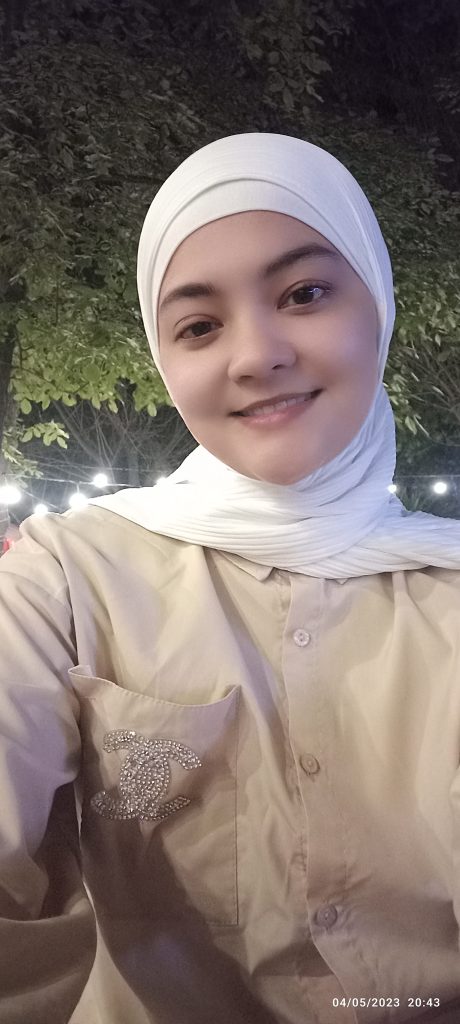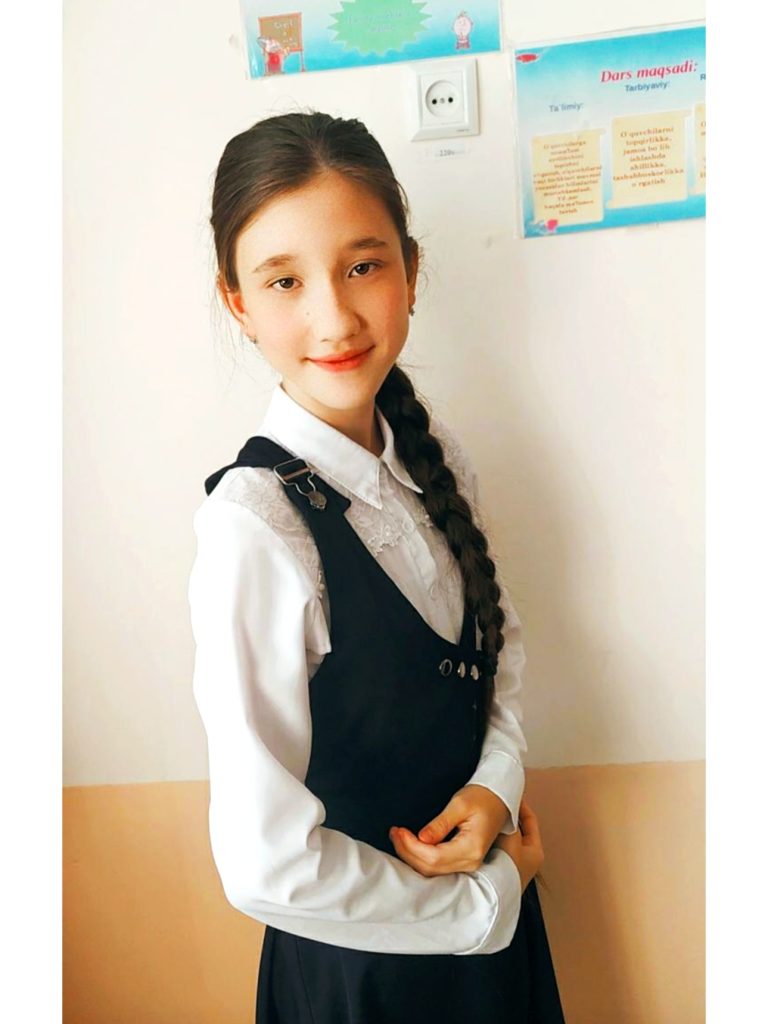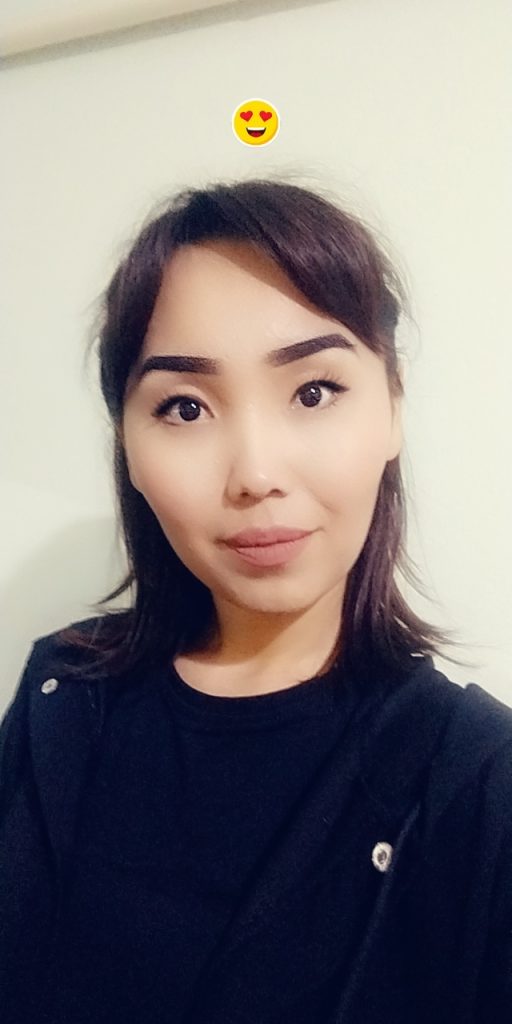
Welcome, readers, to a new year! This time, Synchronized Chaos Magazine focuses on time’s passing, whether that represents new growth and fresh possibilities or the sobering reality of grief and loss.
Regular contributor Channie Greenberg has a new book out, Subrogation, which includes many of the images she’s published with us.
Otkir Mulikboyev celebrates the New Year with festivity and hope and celebrates a new morning with energy and passion.
Adhamova Laylo Akmaljon urges people, as much as possible, to maintain a positive attitude while Dilfuza Salomova encourages people to take action on their hopes and dreams. Shahnoza Ochildiyeva reflects on her 2023 accomplishments and comes into 2024 with excitement and hope. Elmaya Jabbarova beckons readers to step forward, away from lingering griefs, into the new loves awaiting in the new year.
Ike Boat broadcasts the news of a spectacular dance show and concert in Ghana.
John Edward Culp illustrates people who connect with childlike innocence, finding and then losing and finding each other again. John Mellender shows heartbreak transmogrifying into inspired creative writing and the beauty of platonic friendship between people of different genders.
Duane Vorhees evokes natural beauty and romantic, sensual, and spiritual love in his poetry and Aminova O’g’iloy celebrates the lush floral beauty of a Central Asian spring. Graciela Noemi Villaverde highlights the singular moment of capturing a rainbow at the dawn of the New Year. Sterling Warner arranges symphonic bouquets around themes: waterfalls and rapids, a woman’s silk clothing, astronomy and cosmology.
Munnavar Boltayeva encourages compassion and unity among the world’s people while Maid Corbic details his personal quest for a world of freedom and mercy. Kristy Raines declares her holiday and New Year and perennial wishes for a world of kindness and tolerance. Jerry Langdon crafts a ballad asking Santa to bring him peace and hope as an adult, while in another piece paying tribute to personal heroes.
Diyora Kholmatjonova finds and claims her identity and self-esteem in a world where people can abandon and forget each other, as Jamshidbek Abdujabborov expresses her human insecurities and hopes for the future.

Michael Joseph comments on the journey through life, as our paths narrow and focus as we age and feel the impact of our choices and circumstances.
Noah Berlatsky reflects on how life goes off in its own directions regardless of our plans, while Devin Rogan probes the stories we tell ourselves and each other about our origins and existence. Bill Tope reminds us that physical and emotional attraction will take its own course, regardless of our plans and thoughts.
Christopher Bernard describes ways to subsume our small human consciousnesses into the larger, ever present Cosmos.
Maja Milojkovic writes of her desire to stop time and preserve a moment with her lover.
Ian Copestick suggests that not everyone needs to reminisce about their pasts and some should happily move forward into the future.
Peter Cherches’ vignettes add some whimsy back to our existence and Jim Meirose crafts a fanciful deck of cards with surreal conversations and images.
Isabel Gomes de Diego comments on the passage of time with photos of small children in front of the skeletons of extinct prehistoric animals. Daniel De Culla renders the trip to the Museum of Human Evolution (Burgos, Spain) into poetry.
Daniel De Culla illustrates love and nature in ways that are at once exotic and commonplace, and also remarks on death through a skeleton’s fanciful trip to the dentist. Robert Fleming “reports” on weather conditions in the Rocky Mountains through a set of photographs that bring up thoughts of climate change, chemistry, nature, culture, and humor.
Mark Young creates synthetic “geographies” of fictional lands that carry their own forms of symmetry and intricacy. Stephen Bett creates new metapoetry by riffing off of existing metafiction and postmodern novels. J.T. Whitehead probes and questions our senses of certainty with his poetry, destabilizing our perspectives and opinions, yet returning us to a sense of awe and wonder at the universe, symbolized by a majestic flock of birds.
Mitchel Montagna‘s poems lament the inevitable losses of our world and our lives, while Mukhlisa Safarova laments love’s losses to betrayal and death in lyric poetry. J.J. Campbell captures the chilly monotony of winter suburban loneliness while Sherova Orzigul laments cruelty and social isolation that can begin in childhood, and Zofia Mosur’s poetic speaker hides herself away in grief, taking solace from the moon.

Gabriel Flores Benard writes of life’s impermanence and our overwhelming universe through the metaphor of stellar death.
Henry Bladon probes our own minds’ shiftiness and confusion, sifting through the surreal landscape many find in our interior. John Grey probes the different layers of our existence, the assorted things, people, and experiences who together shape our identities. J.D. Nelson conveys scenes from everyday life and develops a narrative around a person’s developing bond with nature in the form of an old crow.
Faleeha Hassan’s speaker expresses how she is only a normal woman, not as reminiscent of the scriptural figure of Maryam as the people around her seem to hope and believe.
Adolatxon Shermuhammedova looks forward to the time after death when she believes she will be forever free from sin and temptation.
Brian Barbeito’s poetry expresses how “the world is too much with us” and lets us escape into nature, as Skye Preston recollects a visit to their aunt’s home and colorful garden and Gulsevar Khojamova compares the beauty of her country to the colors of the rainbow. Mahbub Alam writes with grace of his tender love for and intimate knowledge of both the winter and spring seasons in his country.
Meanwhile, Azemina Krehic crafts evocative language on how human bodies and minds adjust to darkness.
Blue Chynoweth illustrates the difficulties of being feminine and vulnerable and dealing with society’s insults to the female body and mind.
Mesfakus Salahin grapples with the question of how to be a good man when visiting sex workers where there is clearly an economic and power imbalance.
Z.I. Mahmud explores the role and social position of women in Victorian times through an analysis of novels by Charles Dickens and Charlotte Bronte.
Mykyta Ryzhykh’s pieces highlight the absurdity of wars, especially those waged by the powerful for abstract reasons, as Aituvova Khurshida outlines the need for and ways to purge Uzbekistan’s government of corruption and Akhmadjanova Muslimakhon urges Uzbek leaders to make rooting out bribery a priority on moral, cultural, and pragmatic grounds.
Odina Xonazarova outlines Uzbekistan’s friendly cultural relations with other countries in the region and the importance of embassies and diplomacy.
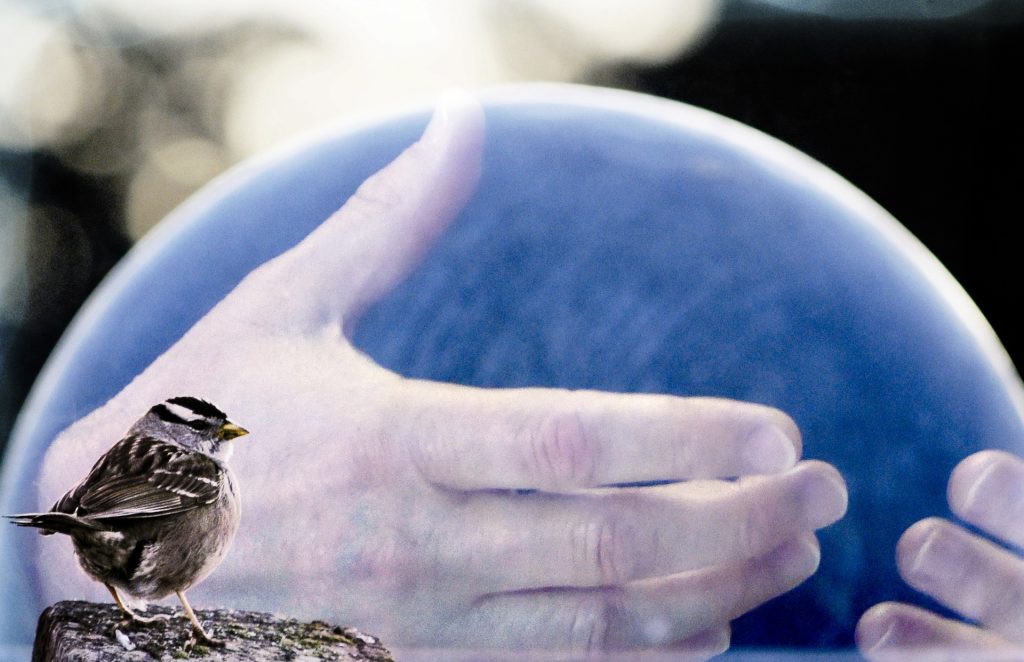
Manzar Alam renders his hopes for a more peaceful, socially just, and ethically managed nation through the very personal metaphor of a tiny baby. He wants a better future for the small child, whom he sees as uncorrupted.
Ahmad Al-Khatat reflects on the nurturance and comfort people find in each other in a healthy relationship. Stephen Jarrell Williams illuminates the beauty of a romance between people who find unity despite their differences.
Baratov Quvonchbek translates a poem by Rumi that reminds us that true love requires caring action. Annie Johnson crafts multi-layered morning and evening moments of perfect stillness and communion between people in long-term love and with nature.
Wazed Abdullah sends up a simple, heartfelt tribute to his friends, and the importance of friendship.
As a teacher, Sitora Mamatqosimova relates an experience of encouraging and befriending a shy student, while Madina Abdullayeva reminds us of the preciousness of children and encourages compassion for orphans.
Surayyo Xolmurodova describes the mixture of care and guiding discipline she received from her father and Zuhra Ruzmetova reflects on her mother’s constant care and nurturance. Munisa Narzulloyeva finds joy and comfort in the love of her family.
Eva Petropolou Lianou pays tribute to the mothers of Gaza who are going on with parenting in difficult wartime conditions, in a piece translated into Swahili by Charles Lipanda Mahigwe, a refugee from Congo resettled into Malawi and part of the African Youth Artistic Poetry organization.
Lilian Dipasupil Kunimasa gently encourages people to retain hope, especially at the turn of the year, because one’s circumstances can always change and there is still beauty in the world.
Nasiba Kamalova explores what a person needs to feel happy and suggests that joy comes through contributing to one’s society and achieving one’s goals, rather than just through wealth or comfort.
Behruz Toshtemirov urges Uzbek youth to live up to their ancestors’ ideals, while Lobarxon Bazarbayeva outlines the history and architecture of the Grandfather Sultan Uwais Pilgrimage Complex.
Farrukh Amirov envisions his future literary career reading his own poetry to enthused audiences amidst the world’s despair. Jullayeva Sitora laments the inadequacy of her craft to inscribe the merits of her home country while Shahzoda Imomova reflects on her passion for poetry, developed at a very young age.
Abdunazarova Khushroy celebrates the poetic beauty of the Uzbek language while Lobar sings the praises of Uzbekistan’s centuries of literary heritage and Nigunabonu Amirova highlights the state of the literary, publishing, and journalistic scene in Uzbekistan.
Yahya Azeroglu pays tribute to the departed Bangladeshi literary writer Abubakar Siddique in a poetic essay.

Chexrona Pulatova extols the personal and professional benefits of learning a foreign language, particularly English as a second language. Sarvinoz Mamadaliyeva describes the intellectual growth she experienced through learning another language.
Qurbonova Shakhriyo describes the growing respect and societal support for and professionalization of teaching in Uzbekistan.
Aziza Amonova encourages educational leaders to incorporate and facilitate creativity in the curriculum alongside practical skills, as Shloka Shankar harnesses song lyrics from now and yesteryear to comment on the creative process.
Iroda Bahronova encourages Uzbek children and youth to make their country proud by excelling in academics and sports, while Farkhodova Nodira takes pride in her country’s athletic prowess and urges young people to take up sports and exercise.
Rosiyeva Gulbahor outlines new directions in Uzbek vocational programs while Maftuna Torayeva probes possible new directions for Uzbekistan’s primary school system.

Saidabonu Abdumakilova explores the possibility for human and machine translators to work together.
Abdurahmonova Lazokat discusses better methods for agricultural fruit drying.
Kadyrova Arofat Abdukarimovna explores the prospects for geothermal energy’s use in central Asia and encourages the development of renewable power. Muslima Najmiddinova points to the possibilities of privatizing oil and gas firms within Uzbekistan’s developing economy. Mashhura Ikromova looks at energy use in heating and cooling buildings and suggests what we have to gain through improved efficiency.
Hilola Hojimamatova explores how to define values in mathematics, and Akmalova Nargiza outlines the mathematical properties of square and triangular numbers.
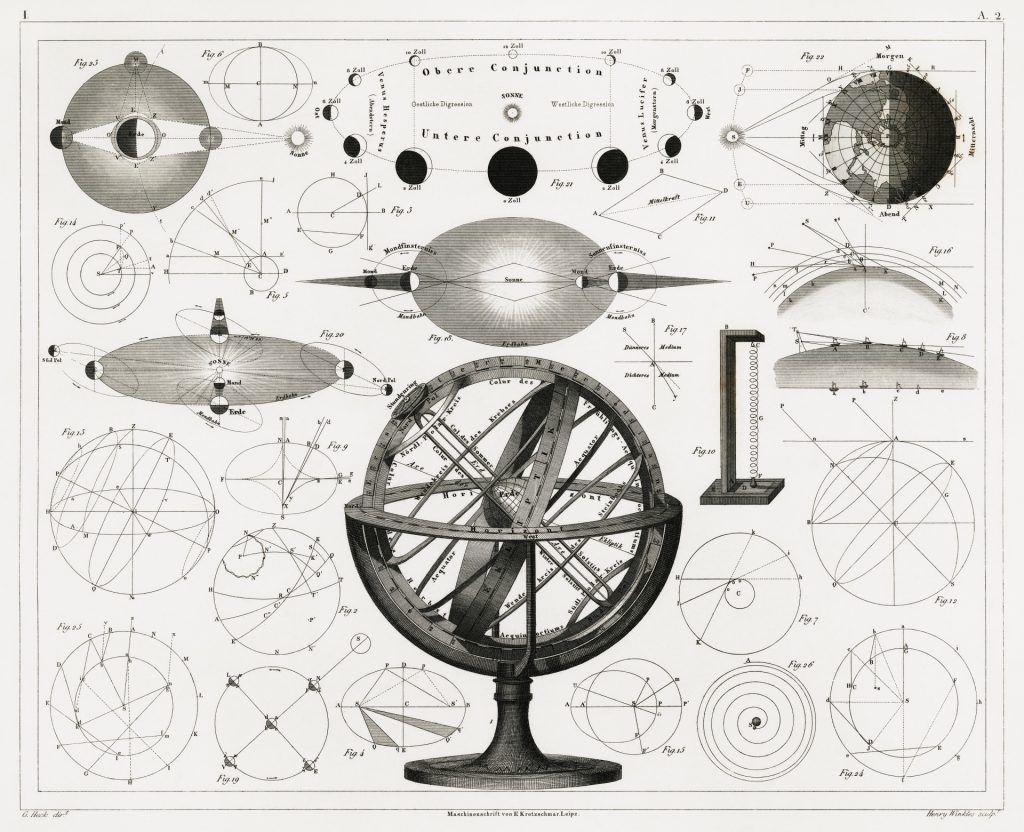
Omondi Orony’s protagonist describes the complicated relationship he has with his brilliant father, whom he comes to respect over time as he grows.
Maftuna Yusupboyeva reminds us that we can’t expect to be wildly successful every minute of our lives and to achieve things in a moral way even if that takes longer.
This perspective may temper some of our ambitions, but it reflects wisdom and patience that comes through life experience.
We hope you will benefit from the thoughtfulness and insights within this issue.

